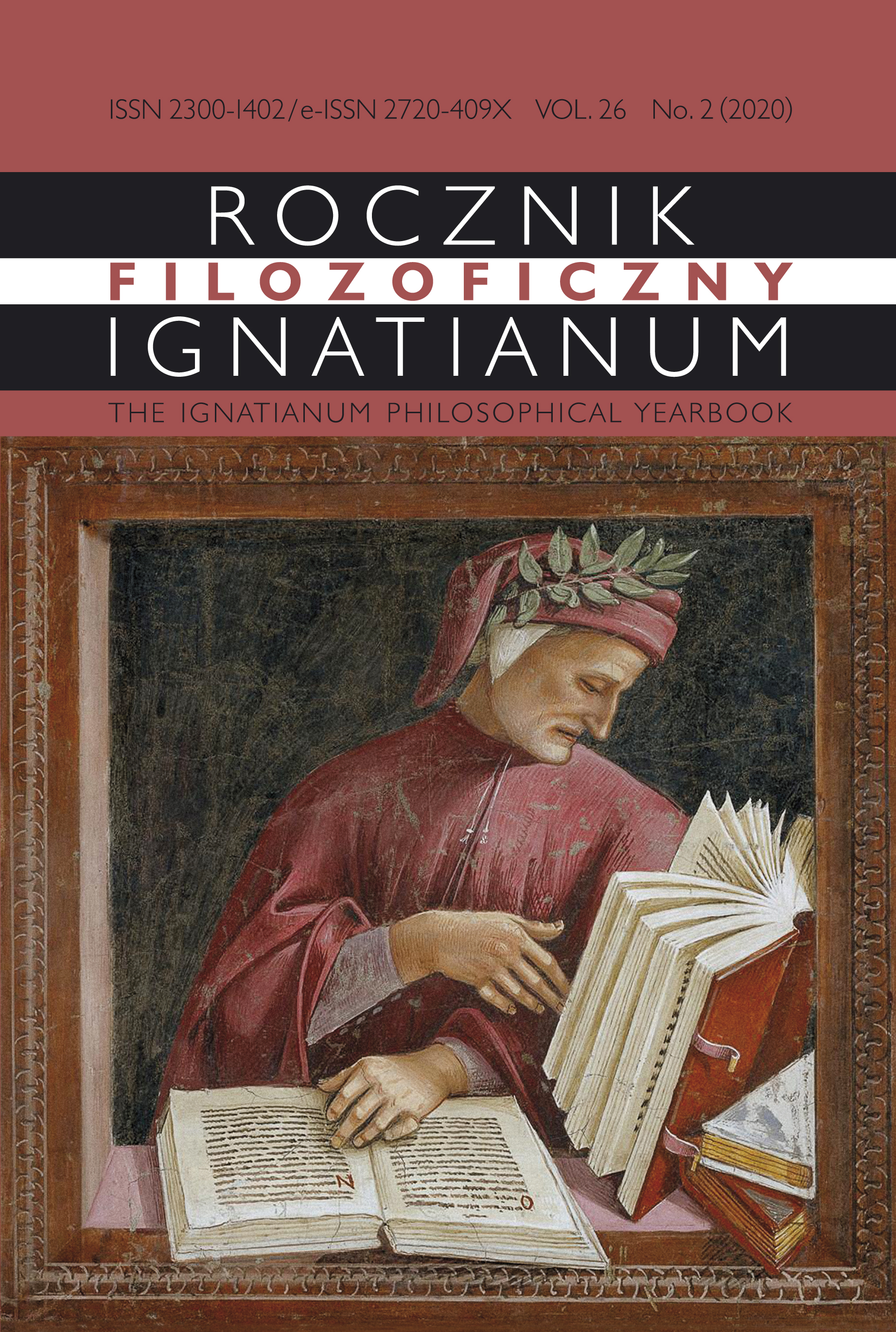Sensitivity to the World of Objects and Temptation to Describe
Zbigniew Herbert and Francis Ponge
Abstract
The article attempts to consider the philosophical foundations of the literary works of two authors: Zbigniew Herbert (1924–1998) and Francis Ponge (1899–1988). In the literature devoted to the author of the String of Light, the theme of similarity of his work to the works of the French poet has been present for a long time. Critics listed a number of Herbert’s works that could be compared with the works from Ponge’s The Nature of Things, published in 1942. It has been already shown what they have in common in terms of the literary descriptions of things and phenomena. The main subject of this study are non-literary texts regarding Herbert’s and Ponge’s views on poetry. The article is the result of an interdisciplinary comparative study, using knowledge in the field of literary studies, philosophy and philology. The author examines the hypothesis that the poets’ proposition to describe the objects is based on the attitude toward the world and the type of sensitivity that are common to both Herbert and Ponge. They both wrote against the rationalist tradition in philosophy. They opposed the abandonment of the concrete and the emotional layer of experience in favor of concepts and systems. Their concepts of reality and cognition were influenced by Epicure and Lucretius. It was probably through them that the poets could have assimilated certain ideas that Maurice MerleauPonty developed into the framework of a comprehensive project in his phenomenological reflection. Their approach to description reveals the conviction of the French philosopher that “all knowledge substantiates in horizons that are opened through perception”. Their sensitivity to the objects of the outside world reflects the living body’s perception of the world. Herbert and Ponge go beyond the perspective of an objective order of thought, prior to expression. Thus, they do not reduce reality to thinking about the world.
Copyright (c) 2020 Jesuit University Ignatianum in Krakow

This work is licensed under a Creative Commons Attribution-NoDerivatives 4.0 International License.
The Yearbook only accepts materials for publication that are free of all conflicts of interest, and that in no way involve conflicts over authorship, copyright, etc. The Editors will take action against any cases of plagiarizing, ghostwriting1, guest/honorary authorship2, etc. Where co-authored work is concerned, the Author listed first is expected to take responsibility for the submission, and is required to make clear the contributions of all of the Co-Authors involved. In the event of the publication owing its existence to funding dedicated to this purpose, this fact should be made clear: e.g. in any note of thanks/acknowledgement, or in a footnote, etc. Explicit notification should be given of any form of reprinting, with the appropriate evidence of permission to publish being furnished as required. Any impropriety on the part of Authors/Reviewers risks exposing them to appropriate responses from the relevant institutions.
______
1 This term refers to instances of a person who has made an essential contribution being omitted from the list of authors, or from notes conveying gratitude and/or acknowledgement.
2 This occurs when a person who has made either an insignificant contribution or no contribution at all nevertheless appears on the list of authors.





